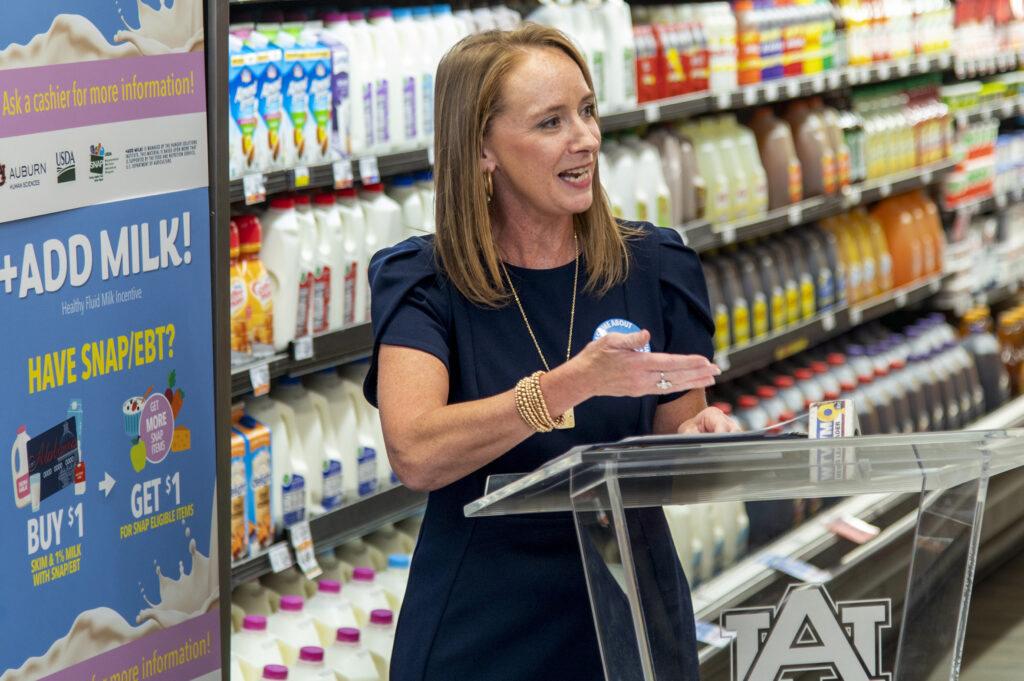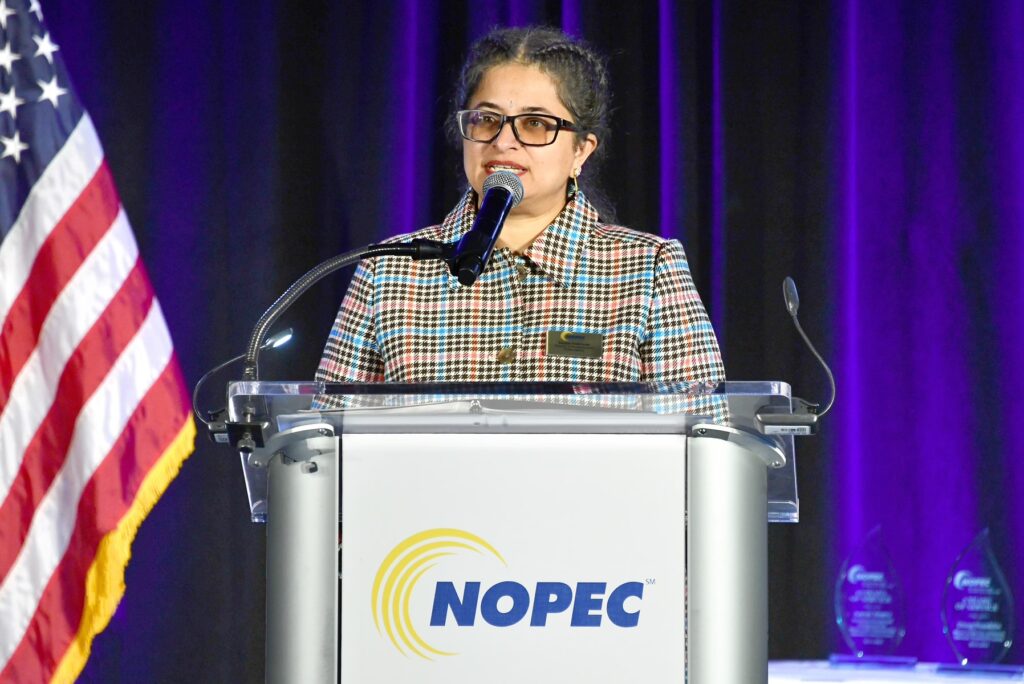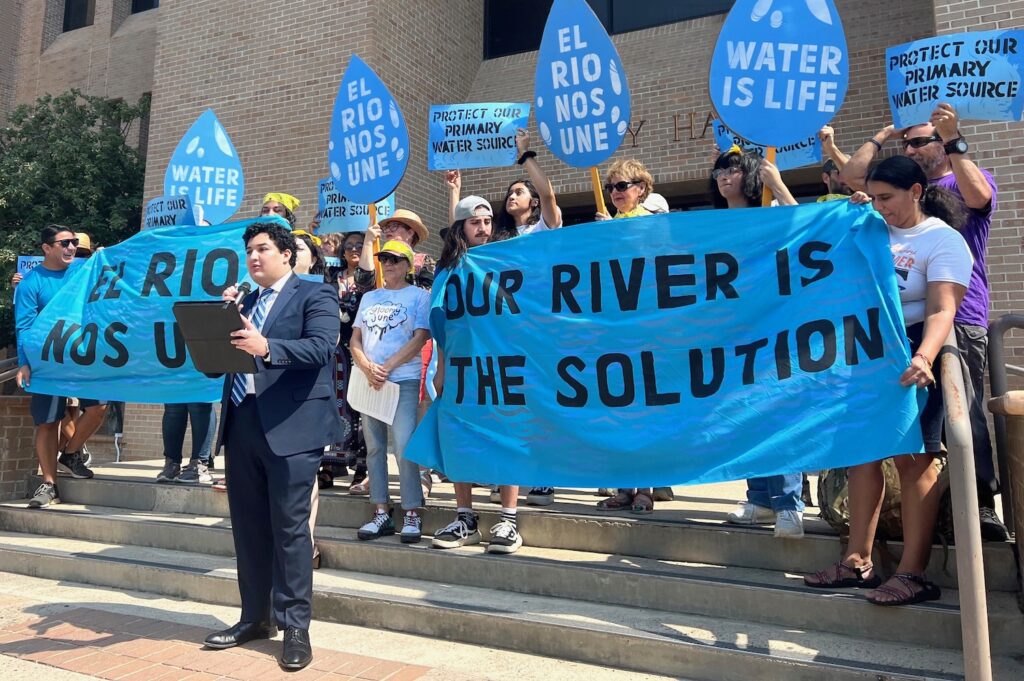Even after nearly 20 years of teaching, Alicia Powers is still stunned by how many of her students are unaware of the extent of hunger in the U.S.
As Managing Director of the Hunger Solutions Institute (HSI) in the College of Human Sciences at Auburn University in Alabama, Alicia has dedicated her career to examining the root causes of hunger in this country — and encouraging collaboration and innovation to solve it.
Alicia will tell you that she had her own learning to do too. When she first got started in the field, she wanted to help children struggling with obesity choose healthy foods. “As I learned more about nutrition, I very clearly saw how inequities caused dramatic differences in what people consumed and their health outcomes as a result.” Today, she has a better understanding of the ways that food intersects with broader social issues and knows that real change comes from smarter policies and better systems, not just individual behavior. “Now I help communities that have challenges with access to healthy foods,” she says.
As Alicia sees it, food security is a golden thread running through all the SDGs. Achieving any — or all — of the Global Goals will require rethinking our approach to food: How we grow it, how we distribute it, and how we dispose of it.
In addition to educating young people on campus about hunger and food security, Alicia devotes significant effort to bringing unlikely partners together. One of the innovative projects that HSI supports, for example, connects the academic sector, the retail sector, and the federal government to enhance the viability and sustainability of small grocers in rural communities.
“One central tenet of the SDGs is that all parts need to come together to push us forward. That is the mantra of HSI. No matter if you’re a civil engineer, or a healthcare professional, or a K-12 educator, we all have a role to play in achieving zero hunger,” Alicia says. “And that marries exactly with the SDGs.”
By M.J. Altman, United Nations Foundation




